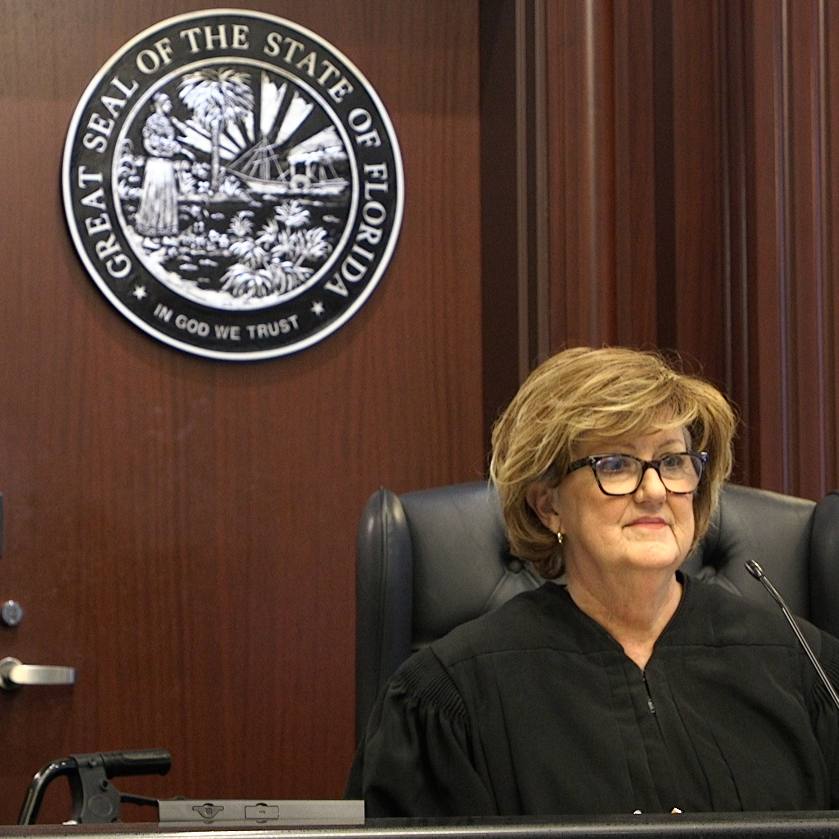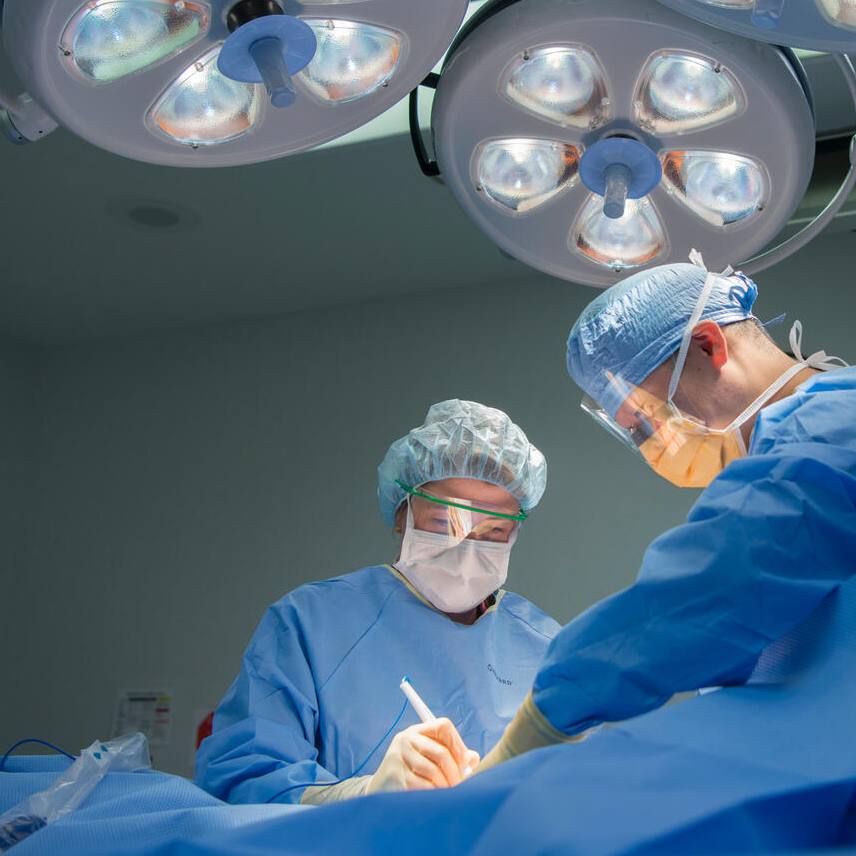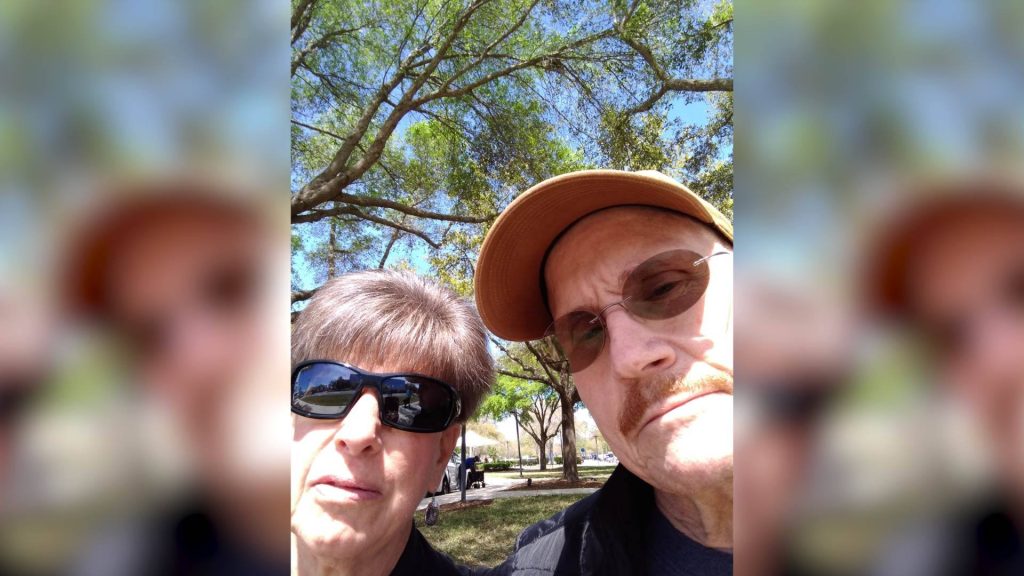
When an aggressive lymphoma threatened to derail a couple's happily ever after, the Mayo Clinic Comprehensive Cancer Center helped them find a future.
Joanne McDonnell likens her longtime romance with her husband, Paul, to that of June Carter and Johnny Cash. The two have known each other since they were kids — specifically, third grade for Joanne and fifth for Paul. "She was my best friend's little sister," Paul explains.
So, two years ago, when doctors told Joanne there wasn't anything else they could do for Paul's diffuse large B-cell lymphoma — an aggressive form of blood cancer — Joanne refused to believe their story was over.
"I know death comes for everyone, but I also knew it wasn't his time," she says.
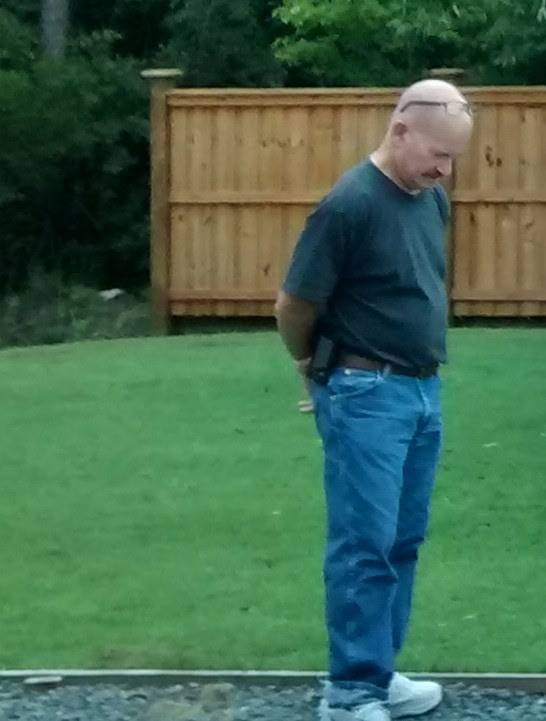
Paul McDonnell learns his cancer is in remission.
Instead, Joanne, a retired human resources specialist for the Department of Defense, spent the next several months relying on two sources she'd come to trust: research and Dr. Madiha Iqbal, Paul's hematologist and oncologist at the Mayo Clinic Comprehensive Cancer Center in Jacksonville, Florida.
Facing hurdles
Paul learned he had cancer four years ago. He'd scheduled an appointment with an ear, nose and throat (ENT) specialist because he had swelling along the jawline on one side of his face. A biopsy a day or two later revealed it was lymphoma.
Initially, Paul underwent six months of chemotherapy-based treatments, but they weren't working well, so Paul's doctor, who knew Dr. Iqbal, referred him to her. Paul's doctor hoped that Dr. Iqbal, who specializes in bone marrow transplant and a form of immunotherapy called chimeric antigen receptor (CAR)-T cell therapy, might be able to help.
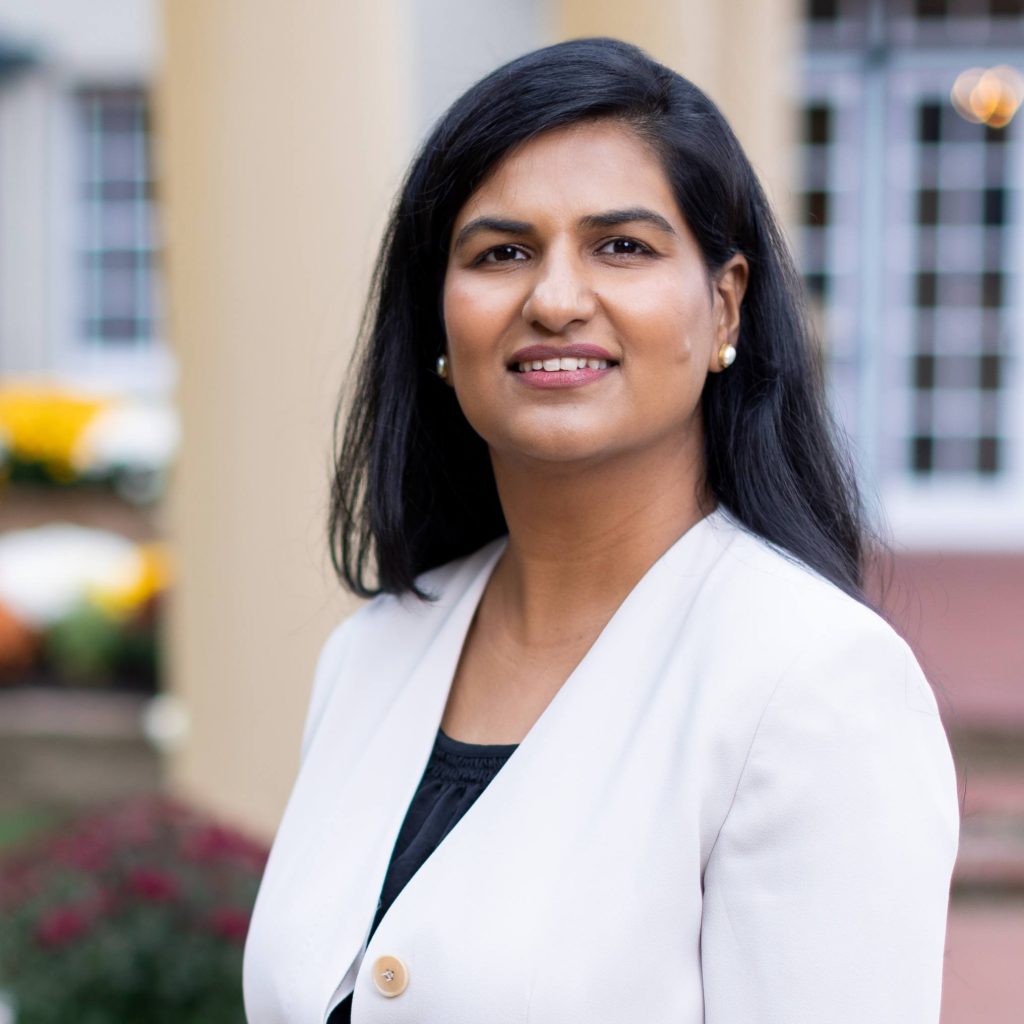
Dr. Iqbal first considered a bone marrow transplant for Paul. Bone marrow transplant, also called stem cell transplant, involves replacing a patient's damaged bone marrow with healthy cells. However, Dr. Iqbal said she and her team became a "little hesitant about the transplant" when they started to encounter obstacles with the process. Paul's body wasn’t producing enough stem cells to use for a transplant and his bone marrow was showing signs of damage from the chemotherapy treatments he'd received.
"These hurdles derailed the plans we had for him," Dr. Iqbal says.
Then, the team found signs his lymphoma had spread.
A novel treatment for aggressive lymphoma
In the past, oncologists didn't have much to offer patients with lymphoma, specifically diffuse B-cell lymphomas, who'd had two chemotherapy-based treatments and still had disease, Dr. Iqbal says. Today, however, they have a new tool in CAR-T cell therapy. CAR-T cell therapy works by altering a patient's T cells, or white blood cells, so they can recognize and destroy cancer cells.
"CAR-T cell therapy has significantly changed outcomes for patients with aggressive lymphomas, especially for those whose disease isn't very responsive to chemotherapy," Dr. Iqbal says. "Close to half of patients who, in the past, would have succumbed to their disease, are now able to go on with their lives thanks to this innovative treatment."
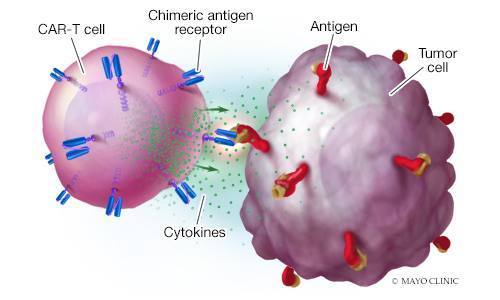
Dr. Iqbal started the process for Paul to receive CAR-T cell therapy. Then she faced a major hurdle: Paul's cancer had metastasized, or spread, and a tumor had grown so big it had penetrated his bowel and ruptured it. Paul was admitted to the hospital in critically ill condition — too sick for CAR-T cell therapy, and too sick to even undergo surgery to repair his bowel.
Instead, doctors placed a tube into his bowel for drainage and placed him on total parenteral nutrition, meaning he had to have all his nutrition delivered directly into his bloodstream.
"It was a serious situation at that time," Dr. Iqbal says. "While hospice was discussed as an option, I knew Joanne didn't want to give up on him."
After talking with Joanne and Paul, Dr. Iqbal decided to pursue a treatment course that would help get Paul's disease under control so they could try CAR-T.
Navigating a road forward
Although nervous, Joanne was grateful to have a potential path forward for Paul. "Dr. Iqbal educated us, gave us books, answered our questions," she says. "She never discredited anything we said or asked. She was a big help for me as Paul's advocate."
Dr. Iqbal prescribed two rounds of chemotherapy to get Paul's disease under control. Soon afterward, he began to feel better. His tumor had also shrunk enough that Dr. Iqbal's team was able to collect his cells, and, about a month later, infuse them back into his body to target and kill cancer cells.
The therapy was successful.
"Paul was far from an ideal patient to go into CAR-T cell therapy," Dr. Iqbal says. "We never want to put a patient through an intensive treatment if they're not healthy enough to withstand it. But because we were able to give him that stabilizing chemotherapy treatment that got him into a bit of a better place, it provided us with a window of opportunity to go ahead with the CAR-T cell therapy. And he was lucky, obviously, that it's resulted in him having a long-term remission."
A year and a half after Paul’s CAR-T cell therapy, he still has no evidence of disease. "He's a changed man ever since," Dr. Iqbal says, noting Paul's quality of life has improved drastically.
Joanne agrees: "She saved Paul's life."
Now, the married couple of nearly 43 years is "trying to figure out how to live again," Joanne says. "I tell Paul every day that God spared him for a reason. Thank God Dr. Iqbal didn't give up on him."






